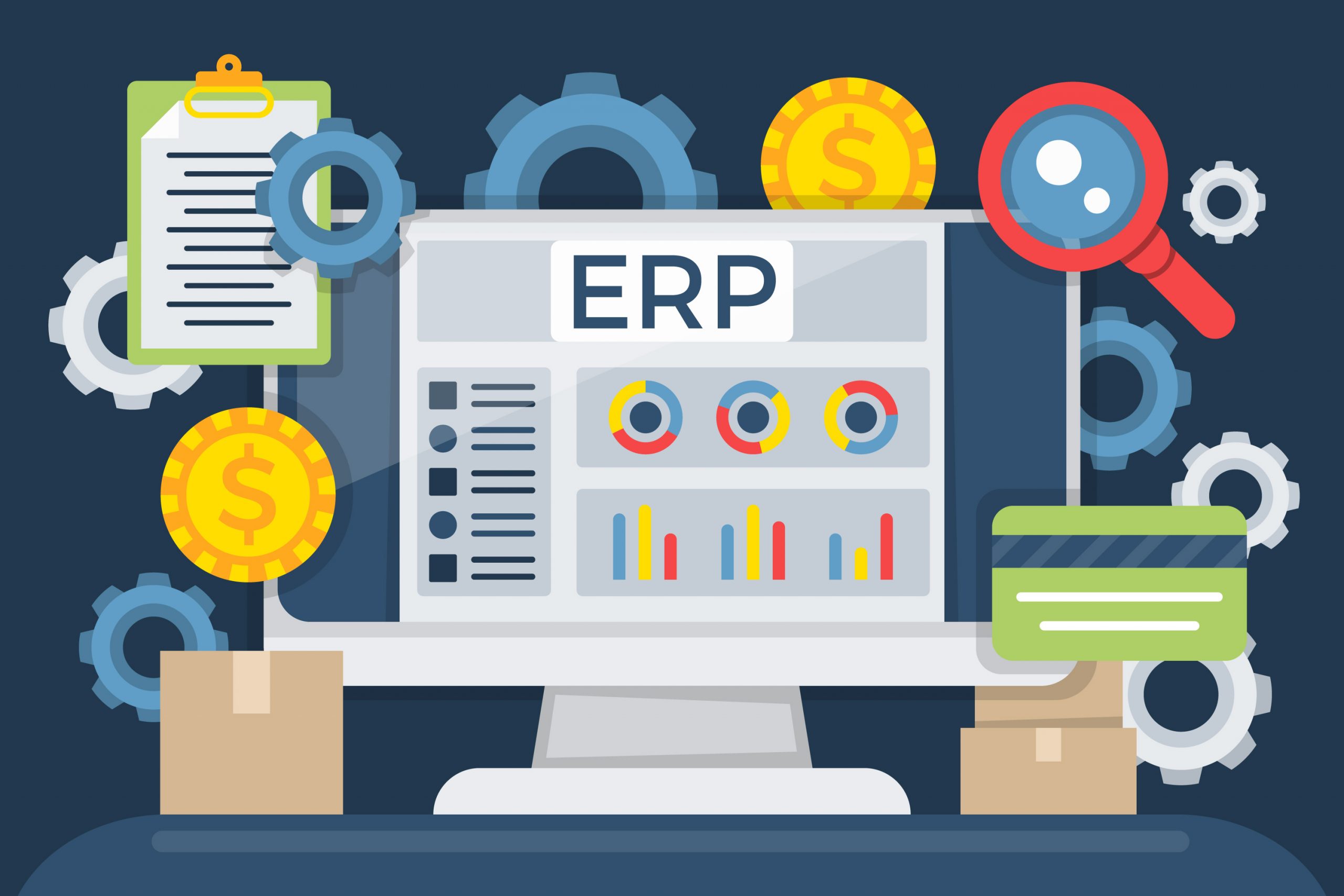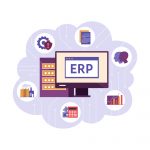Selecting the best ERP system for your business is a critical decision that can impact your operations, efficiency, and overall success. An ERP (Enterprise Resource Planning) system integrates various business processes into a single platform, providing valuable insights and streamlining operations. Here’s how to choose the ERP for your business needs.
1. Assess Your Business Requirements
Before choosing the ERP, it’s essential to assess your business requirements. Identify the specific needs of your organization, such as financial management, supply chain logistics, or human resources. Conduct a thorough analysis of your current processes and determine which functionalities are most critical for your business. This assessment will help you narrow down ERP systems that align with your requirements.
2. Consider the Scalability and Flexibility
When selecting the ERP, consider scalability and flexibility. Your business needs may evolve over time, so choose an ERP system that can grow with you. Look for a solution that offers scalability in terms of users, modules, and functionalities. Additionally, ensure that the ERP system is flexible enough to accommodate changes in your business processes or industry requirements.
3. Evaluate Integration Capabilities
An important factor in choosing the ERP is its integration capabilities. Your ERP system should seamlessly integrate with other software and tools you currently use, such as CRM systems, accounting software, or e-commerce platforms. This integration ensures a smooth flow of data across different systems, reducing duplication and improving accuracy.
4. Review Vendor Support and Training
Vendor support and training are crucial elements to consider when choosing the ERP. Ensure that the ERP vendor offers comprehensive support, including troubleshooting, updates, and maintenance. Additionally, check if they provide adequate training resources for your team to effectively use the system. Good vendor support can significantly impact the successful implementation and utilization of the ERP system.
5. Assess Costs and ROI
Cost is a significant factor in selecting the ERP. Evaluate the total cost of ownership, including licensing fees, implementation costs, and ongoing maintenance expenses. Consider the potential return on investment (ROI) the ERP system can offer by improving efficiency, reducing errors, and enhancing decision-making. A thorough cost-benefit analysis will help you determine if the ERP system is a worthwhile investment for your business.
Conclusion
Choosing the ERP for your business requires careful consideration of your requirements, scalability, integration capabilities, vendor support, and costs. By thoroughly evaluating these factors, you can select an ERP system that enhances your operations and supports your long-term business goals. For more insights on optimizing your business processes, visit Bedots.
Read more:ERP Benefits for Small Businesses



